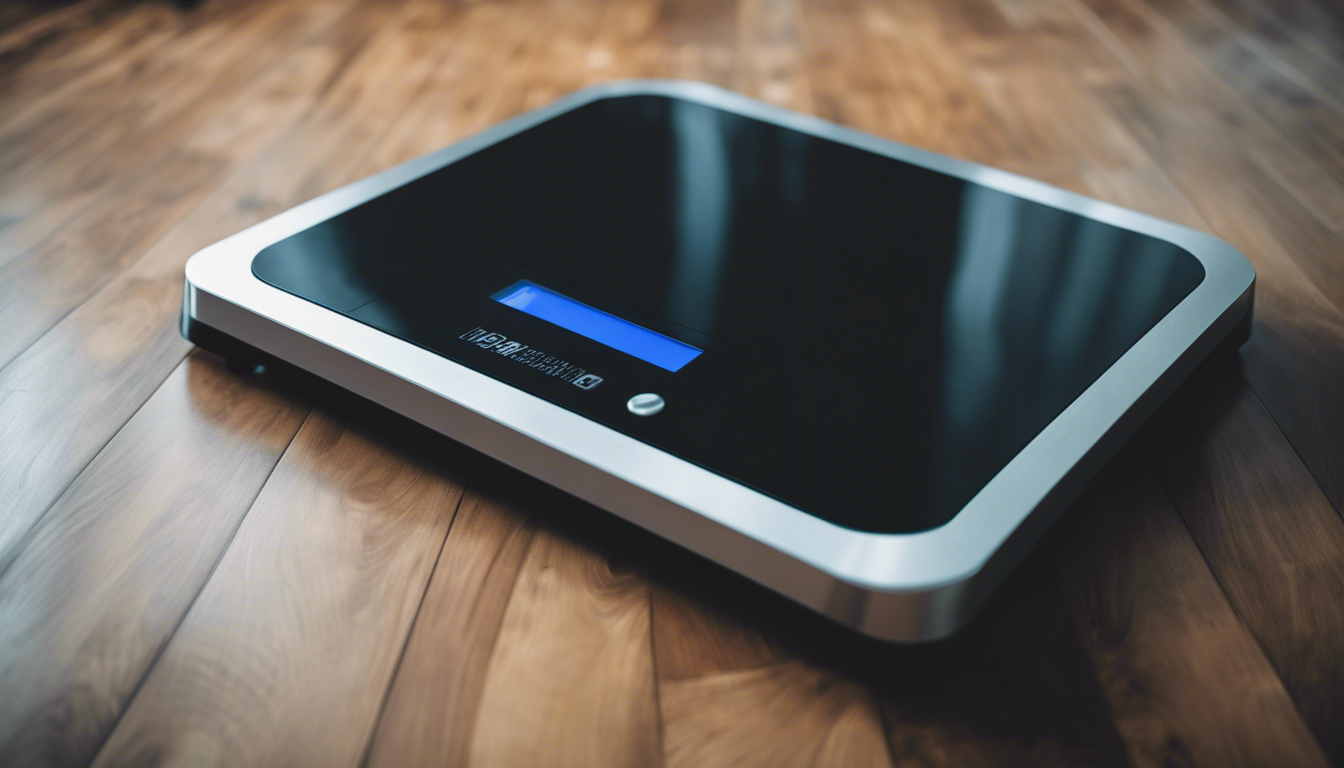In recent years, the health and wellness industry has seen a remarkable influx of technology designed to enhance user convenience and effectiveness. Among these innovations, smart scales have stood out as a pivotal tool for health enthusiasts. These devices not only measure weight but also provide a comprehensive analysis of body composition including metrics like body fat, muscle mass, and water percentage.
Smart scales are equipped with the latest technology such as WiFi and Bluetooth connectivity, enabling users to sync their data with various health apps for a holistic view of their health. Most smart scales use bioelectrical impedance analysis (BIA) to estimate body composition with high precision. This technique involves sending a low, safe electrical current through the body, measuring the resistance encountered by the current, which varies between different types of body tissue.
The accuracy of smart scales can be a double-edged sword. While advancements have made these devices quite precise, factors like hydration levels, recent exercise, and even the placement on the floor can affect readings. It’s recommended to use the scales under consistent conditions for optimal accuracy.
Popular models like the Fitbit Aria 2, the Withings Body Cardio, and the Garmin Index Smart Scale showcase diverse capabilities. The Fitbit Aria 2, priced around $130, is renowned for its user-friendly interface and seamless integration with Fitbit’s ecosystem. However, its dependency on a Fitbit ecosystem can be a downside for users not already invested in Fitbit products.
The Withings Body Cardio goes beyond measuring weight and body composition to assessing cardiovascular health by estimating vascular age and providing heart rate measurements. Its cost is relatively higher, at approximately $180, but it includes a 12-month warranty and offers features unparalleled by other smart scales.
Garmin’s Index Smart Scale, on the other hand, integrates well with Garmin’s fitness devices and is particularly favored by athletes. It costs about $150 and supports up to 16 user profiles, making it ideal for family use. Nevertheless, some users report issues with its connectivity and setup process which could be improved.
While smart scales offer numerous benefits such as detailed health metrics and convenience, there are certain drawbacks to consider. The reliance on technology means privacy concerns are inevitable. Data security is paramount, as users’ health data is often synced to cloud storage, making it vulnerable to breaches.
Moreover, the initial cost and ongoing commitment to a tech ecosystem can be a hurdle for some users. The need to frequently update software and possibly the scale itself can add to long-term costs. Consumer reviews often highlight the benefits of comprehensive warranties and reliable customer service in mitigating these issues.
Historically, the development of personal weighing scales can be traced back to the 18th century, but it wasn’t until the 20th century that more precise mechanisms were developed. From the simple balance beam scales to the technologically sophisticated smart scales of today, the evolution has been significant. It reflects the growing obsession with health metrics in our daily lives.
Experts suggest that while a smart scale can be a valuable tool for health monitoring, it should be used as part of a broader health management strategy. Dr. Linda Fried, a noted health technology researcher, states, ‘Smart scales are fascinating tools, providing insights that were once accessible only in clinical settings. Yet, it’s critical to interpret these readings within the context of broader health indicators and lifestyle factors.’
In conclusion, as technology integrates deeper into personal health management, smart scales represent a valuable asset for individuals keen on understanding their body better. With varied features, costs, and commitments, choosing the right model depends on personal needs and how these devices fit into one’s wider health regimen.

